Saudi king repeats anti-Iran claims, urges GCC to ‘confront’ Islamic Republic
In a highly hostile rant, Saudi King Salman bin Abdulaziz Al Saud has called on Persian Gulf Cooperation Council (GCC) countries to “confront” Iran, blaming Tehran for what he called “aggressive actions” that endanger regional peace.
“Our region today is passing through circumstances and challenges that require concerted efforts to confront them as the Iranian regime continues its aggressive actions that threaten security and stability,” the monarch said during the 40th GCC summit in Riyadh.
Echoing the rhetoric of Saudi Arabia’s allies, Israel and the United States, King Salman accused Iran of “deception” over its nuclear program, urging the world community to address the Islamic Republic’s nuclear activities as well as it conventional missile program.

Riyadh and Tel Aviv are among the few staunch critics of a UN-endorsed nuclear deal signed in 2015 between Tehran and the five permanent members of the UN Security Council.
Amid an intense lobbying campaign by the pair, the US abandoned the deal in May 2018 in defiance of UN Security Council Resolution 2231 and many reports by the world body’s nuclear watchdog confirming the peaceful nature of Iran’s nuclear work and Tehran’s full compliance with that deal.
Backed by its vassal states in the region, the US has since been attempting to militarize the Middle East’s key waterways under the pretext of confronting what it calls Iranian “threats” to regional peace.
Washington and its allies have blamed Tehran for a number of attacks on oil tankers in regional waters, with the US launching a push to create an international coalition of allies under the guise of protecting the shipping lines of the Persian Gulf.
Iran rejects the claims and says those assaults were false-flag operations meant to frame the Islamic Republic.
Iran has repeatedly said it is ready to settle its differences with Saudi Arabia through dialog. It has also drawn up an initiative dubbed — Hormuz Peace Endeavor (HOPE) — aimed at boosting collective neighborly efforts to safeguard the region free from foreign interference.
Not all of the GCC countries, however, have adopted Riyadh’s aggressive stance towards Tehran.
Rulers of Oman, UAE, Qatar absent from GCC forum
This year’s summit of the GCC — comprised of Bahrain, Kuwait, Oman, Qatar, Saudi Arabia, and the UAE — was originally scheduled to be held in the United Arab Emirates. It was, however, relocated to Saudi Arabia without any announced reason.
Tuesday’s summit was held in the absence of half of the GCC’s top leaders.
Oman’s Sultan Sayyid Qaboos bin Said Al Said did not take part in the summit, citing a treatment trip conflicting with the summit schedule. He was represented by Oman’s deputy prime minister Sayed Fahd bin Mahmud al-Said instead.
The UAE’s Sheikh Khalifa bin Zayed Al Nahyan also did not join the meeting. He was replaced by Sheikh Mohammed bin Rashid Al Maktoum, vice president of the UAE and ruler of Dubai.
Qatar’s Emir Sheikh Tamim bin Hamad Al-Thani also turned down the Saudi monarch’s invitation for the event. He was instead represented by Prime Minister Abdullah bin Nasser bin Khalifa Al Thani.
Relations between Riyadh and Doha have been mired by a 30-month diplomatic dispute.
Saudi Arabia — joined by Egypt, Bahrain, and the United Arab Emirates — imposed a land, naval and air blockade on import-dependent Qatar in June 2017, accusing Doha of supporting terrorism.
The Saudi-led bloc presented Qatar with a list of demands to meet in exchange for normalization, including severing ties with Iran and closing a Turkish military base. Doha, however, has refused to comply with the demands and has stressed that it will not abandon its independent foreign policy.
No progress on rift with Qatar
Despite earlier speculation about a possible thaw in Saudi relations with Qatar in the course of the GCC summit, Tuesday’s summit kept mum on the diplomatic standoff with Doha and came to an end with no progress on the issue.
This is while Qatar had said last week that attempts to diffuse tensions between the two countries had “moved from stalemate to progress.”
GCC closes summit with anti-Iran communiqué
Like previous GCC summits, the event’s closing statement on Tuesday repeated a number of accusations, which the US and its allies regularly level against Iran.
The statement accused Iran of “continued failure to fulfill its obligations” under the 2015 nuclear accord — named the Joint Comprehensive Plan of Action (JCPOA).
It was referring to the counter-measures Tehran has been taking based on its legal rights under the JCPOA in response to the US withdrawal and re-imposition of sanctions.
Tehran began stepping away from the deal in May under the supervision of the International Atomic Energy Agency (IAEA), a year after the European co-signatories failed to live up to their end of the bargain under US pressure.
The GCC also blamed Iran for inciting “sectarianism” and “terrorism” in the region and interfering in the affairs of its member states.
Among other accusations, the communiqué accused Iran of involvement in a Yemeni attack on Saudi oil facilities in September.
The Yemeni attack, which came in response to Riyadh’s ongoing aggression, temporarily halted half of the oil-rich kingdom’s oil production.
Iran has vehemently denied Washington and Riyadh’s accusations of orchestrating the attack while expressing support for the Yemeni people and their right to self-defense.
The GCC’s Tuesday statement also repeated allegations regarding the UAE’s territorial claims over three strategically-positioned islands in the Persian Gulf, the Greater Tunb, the Lesser Tunb and Abu Musa.
Iran says the islands have always been part of its territory historically, the proof of which can be found in and corroborated by countless historical, legal, and geographical documents both in Iran and elsewhere in the world.
Leader: Hegemonic powers seek to take away nations' capabilities
VIDEO | Iraqi fighters conduct fresh retaliatory attacks on vital Israeli targets
Gaza hospital chief calls for help amid Israel’s ‘extermination campaign’
‘Israel delusional’: Hamas says US ‘full support’ enabled genocide, urges Biden to ‘atone’
Nov. 24: ‘Axis of Resistance’ operations against Israeli occupation
Iran’s IRGC Ground Force, Azerbaijani army kick off joint military drill
VIDEO | Security officers injured, one person killed in Amman shooting
VIDEO | Press TV's news headlines


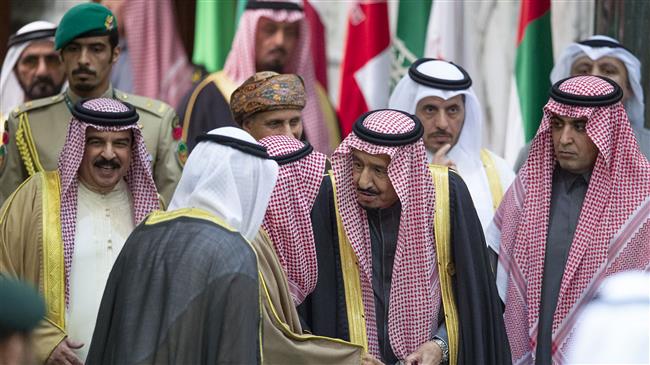



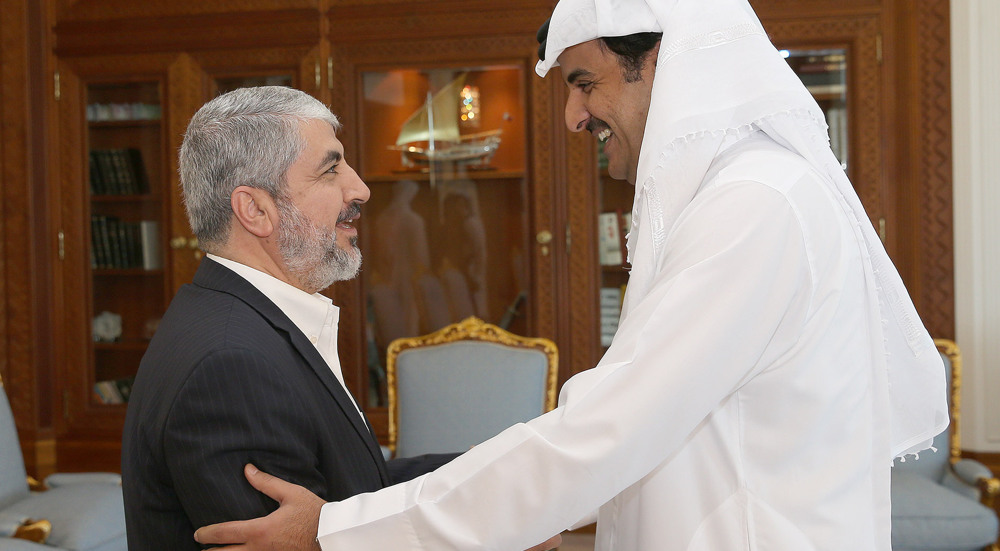
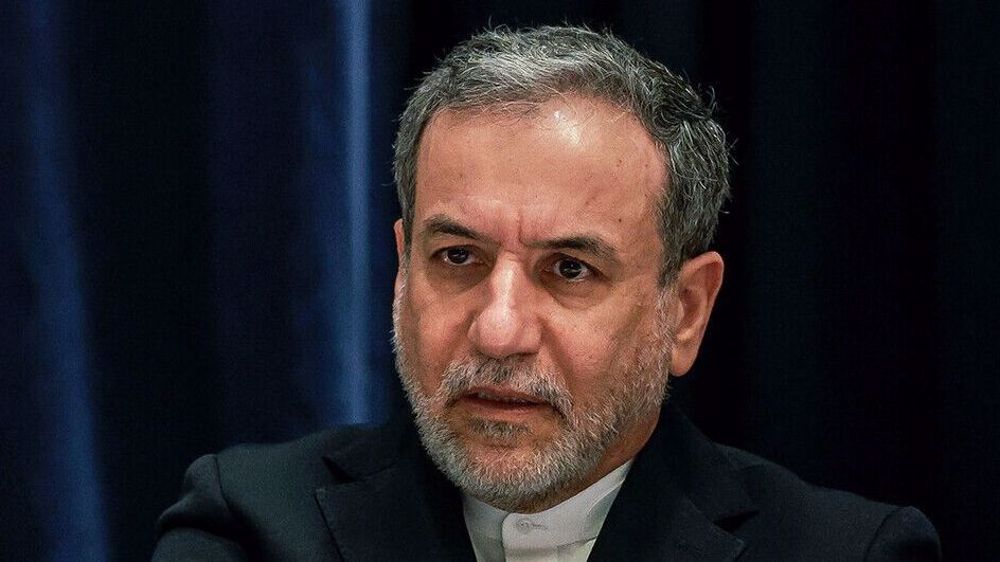




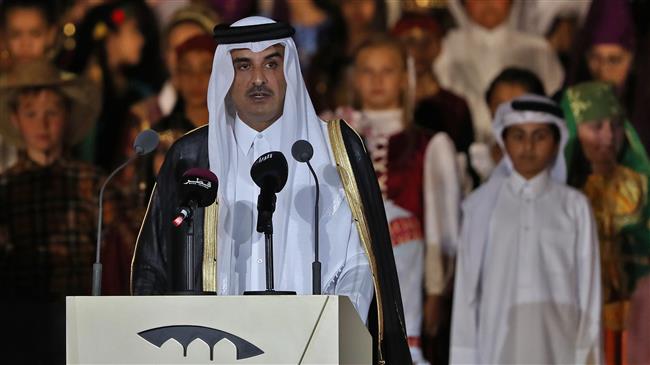

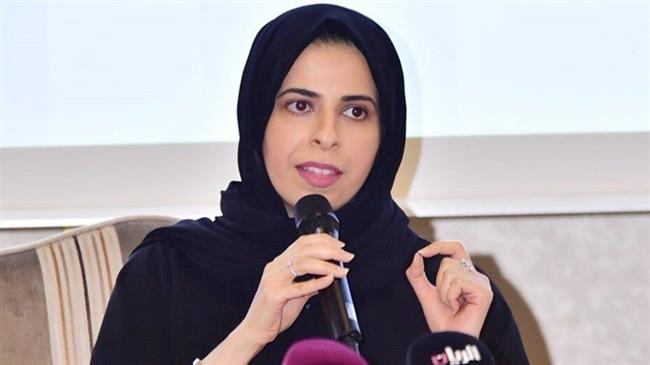
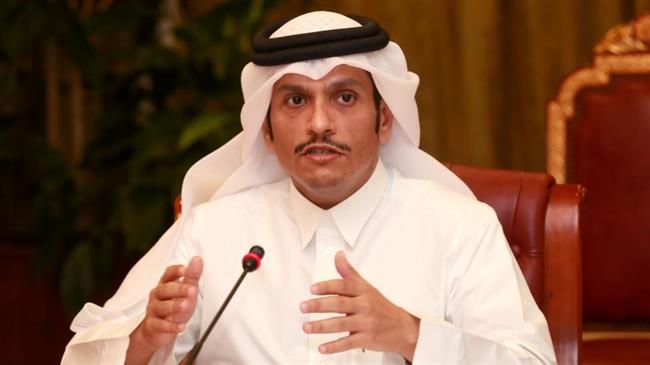
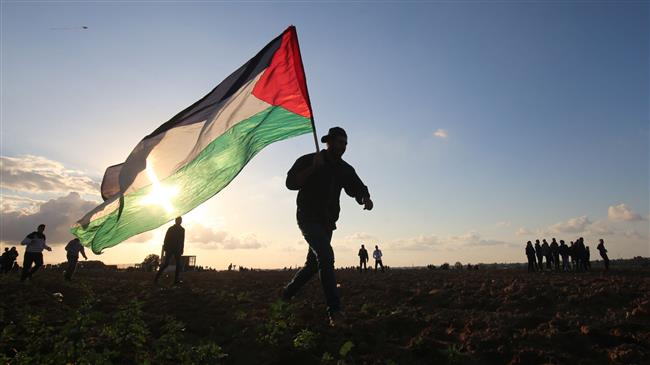

 This makes it easy to access the Press TV website
This makes it easy to access the Press TV website